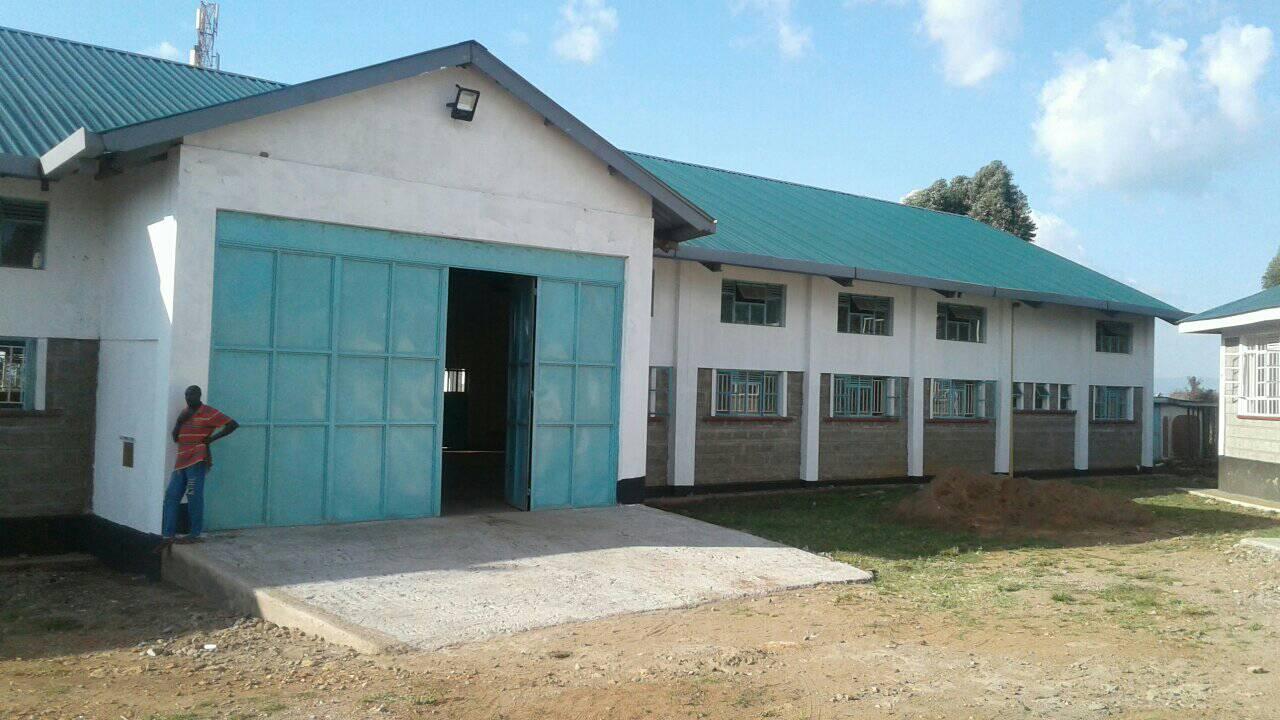
By George Munene
Kenya's first sweet potato processing plant located in Migori county is scheduled for completion by the end of the year. The Sh110 million Getonganya sweet potato factory is expected to offer the crop’s cultivators a ready market and a better price for their crop.
Sweet potato production employs over 6,500 farmers in the Kuria region who produce close to 0.3 million tonnes of sweet potatoes yearly. Ministry of Agriculture data also shows that Migori County is Kenya's second-largest producer of the internationally sought-after orange-fleshed sweet potato (OFSP), with 11,312 hectares under its cultivation. Neighbouring Homa Bay County is the country's largest producer at 24,268 hectares.
Related News: Local & export demand for orange fleshed sweet potato grows with superfood classification
Related News: Agritech startup giving market to small-scale banana, pumpkin, sweet potato, arrowroot & yam growers
Constructed on five acres at Mabera sub-county, Kuria West, the plant is expected to process over 100 tonnes of sweet potatoes daily; this will enable farmers to increase their production area.
The plant’s opening was scheduled for July last year but was scuttled by delays occasioned by the Covid-19 pandemic.
“This Covid-19 thing has really taken us back. Our people would be enjoying the sweet and medicinal bread made from their own crops. That notwithstanding, jobs, good prices for their potatoes, and a good business environment will be created by the factory,” the county’s governor, Okoth Obado said.
Sweet potatoes will be processed into flour, biscuits, and crisps.
The plant will offer farmers a ready market as well as better value for their crop. This will lessen the broker stranglehold on the sweet potato agricultural sub-sector. Rising demand, farmers hope, will also raise the tuber’s price.
Related News: Proper planting for over 10 tonnes from acre of sweet potatoes
The Migori Sweet Potato Value Chain Stakeholders Forum is working to build the capacity of stakeholders in the crop’s value chain, ensuring that there will be minimal hiccups in the factory’s running once its engines roar.
The factory was funded by the European Union to the tune of Sh100 million, with the national government footing the rest of the bill and providing land for its construction.
















Comments powered by CComment